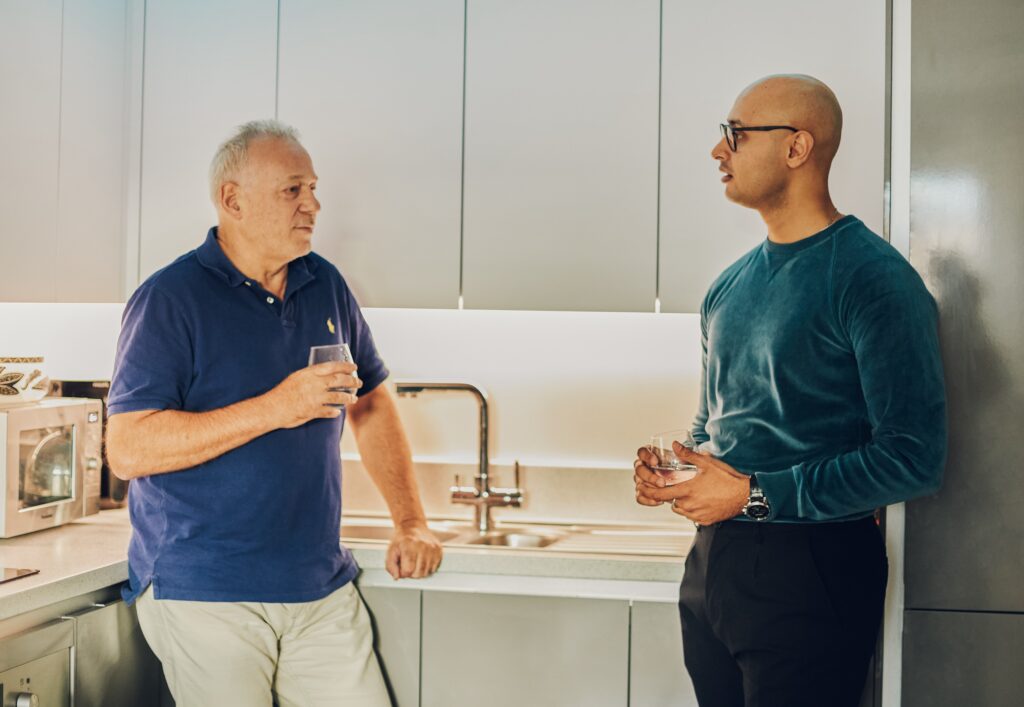STOCKHOLM, SWEDEN. January 22, 2025 – Global water company Bluewater has called on governments, regulators, and industries around the world to act decisively to protect public health after a damning new study published in PLOS Water reveals that French drinking water is saturated with microplastics smaller than 20 micrometers (µm).
These tiny particles, fine enough to infiltrate human blood and organs, fall below planned European Union detection standards, representing a significant oversight in water safety regulations.
“If efforts aimed at stopping minuscule microplastics polluting human intestines, blood, and other organs are not fit for task, it raises urgent questions about regulatory standards and public health protections,” said Bluewater founder and CEO Bengt Rittri.
A well-known Swedish ecopreneur, Mr Rittri warned that failure to address these shortcomings could lead to devastating long-term consequences for human health and environmental stability worldwide.
Amid mounting evidence about the human health issues posed by microplastics, Bluewater – a global innovation leader in sustainable water purification and beverage solutions – urges immediate regulatory updates, the implementation of advanced filtration systems, and increased public awareness to combat microplastic contamination.
A Silent Health Crisis in the Making
The PLOS Water study revealed that most microplastics in French bottled and tap water are undetectable under current EU standards, which fail to account for particles smaller than 20 µm. While invisible to the naked eye, these microplastics can breach the body’s natural defences, accumulate in vital organs, and potentially trigger inflammation, toxicity, and chronic diseases.
“This is an invisible crisis with very real consequences,” said Bengt Rittri.
“Outdated detection standards in the EU and elsewhere are risking millions of lives. We cannot wait for further evidence of harm before acting. Studies show that only nine per cent of all plastic is recycled, and microplastics are in our water, food, and the air. The time to act is now.”
Bluewater’s Call for Change
Bluewater is leading the charge for immediate, sweeping reforms to combat this crisis:
1. Update Detection Standards: The EU and authorities elsewhere must lower detection thresholds for microplastics to include particles smaller than 20 µm and mandate comprehensive testing of water supplies.
2. Adopt Advanced Filtration Technologies: Proven filtration solutions capable of removing microplastics, like those developed by Bluewater, should become the industry standard for ensuring water safety in homes, workplaces, and public spaces.
3. Increase Public Awareness: Consumers have a right to know what is in their water. Governments and industries must prioritise transparency and educate the public about the risks and solutions.
“Governments must recognise that clean, safe drinking water is not a luxury – it’s a basic human right,” Rittri added.
“Bluewater’s advanced purification tech solutions are designed to eliminate even the smallest contaminants, ensuring that everyone, everywhere, has access to water they can trust.”
A Global Responsibility
While this study focused on France, microplastic contamination is a worldwide issue that transcends borders. Bluewater calls on international regulators to follow suit and prioritise public health over convenience, lobbying for stricter standards and investment in innovative water treatment technologies.
“This is not just a French or EU issue – it’s a global call to action,” Rittri said.
“If we don’t act now to safeguard the health of people and the planet, we risk turning our most vital resource into a health hazard.”
Learn more about how Bluewater is making a difference here.
ENDS

